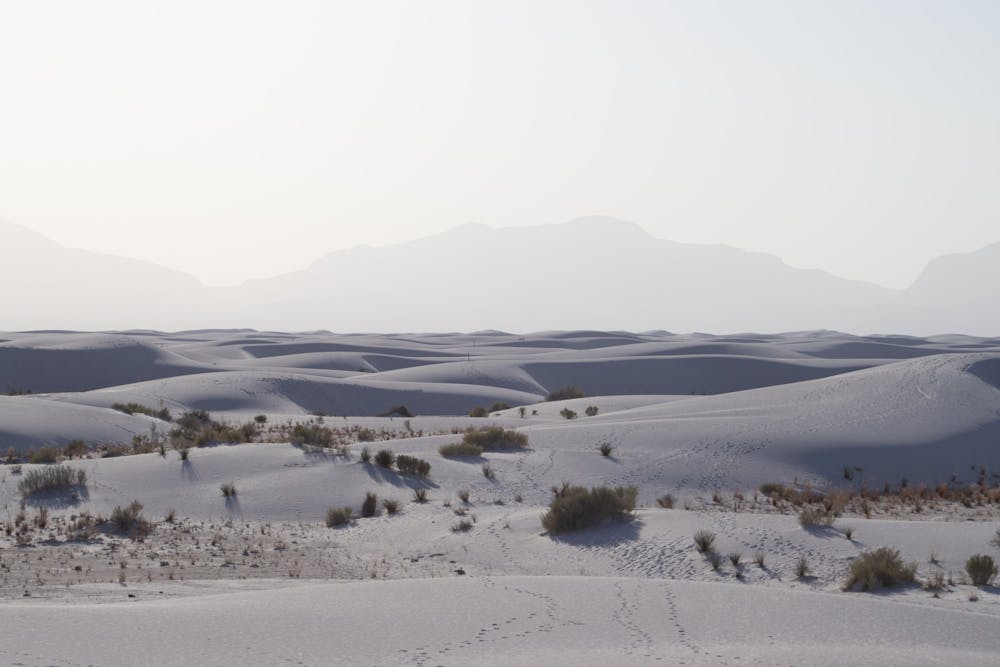U.S. Reps. Deb Haaland and Grace Meng have introduced legislation highlighting the issue that many Black, Indigenous, people of color (BIPOC) and low-income families don’t have equal access to outdoor activities and economic opportunities.
“Equal access to natural areas and open lands is a right that everyone holds. However, low-income communities across the U.S. are consistently denied access to these natural treasures and the benefits that public lands provide,” said Haaland, the vice chair of the House Committee on Natural Resources in her introduction of the Environmental Justice in Recreation Permitting Act.
The bill would require the secretaries of the Interior and Agriculture to gather data for environmental justice communities on how the recreational permitting process is working, and would require that it deliver a report to relevant congressional committees on case studies and barriers to access, and provide recommendations on improving the process.
According to the Department of Agriculture, more than 160 million people visit national forests and grasslands annually.
Though most families and individual visitors do not need a permit to enjoy outdoor activities in the national forest and park system, special use permits provide “organized access for service providers who take groups of people to national forests and grasslands to experience outdoor recreation, while allowing the Forest Service to manage visitor volume in specific locations and protect resources,” the USDA website states.
Special use permits have historically been granted for service providers such as those who are engaged in commercial filming, commercial gathering of forest products, outfitting/guiding or hosting events. Events can include recreational activities such as an adventure race or a group use such as a wedding, according to the USDA special use permit form.
The outdoor service providers who receive recreation special use permits are expected to “create opportunities for new visitors, youth, underserved communities, minority visitors and others to experience the great outdoors on our public lands.”
However, according to a press release from the Center for American Progress, “communities of color and low-income communities in the western United States have less open space, parks and natural area nearby than the overall population in their state” despite efforts to encourage service providers to cater to these communities.
According to a 2018 press release from then-Senator and current Democratic vice presidential candidate Kamala Harris, in addition to not having access to national parks, “one in three Americans do not live within a 10-minute walk of a quality local park, and this limits the ability for children to grow up experiencing the outdoors.”
Kenia Alonzo, a former Navajo and Zuni Southwestern Indian Polytechnic Institute student, said that most of the people she worked with at Glacier National Park in Montana after joining the Arizona Conservation Corps were white and privileged.
“Coming right from Navajo land and (then going to) Montana was the first job (where) I had to work with white people,” Alonzo said.
She said out of the 30 people in her program, she was one of only three people of color.
Get content from The Daily Lobo delivered to your inbox
It was a culture shock to come from a minority-majority state and then go into that environment, Alonzo said.
Haaland confirmed in an interview with the Daily Lobo that she hears from BIPOC communities about the challenges they face, and that the Environmental Justice in Recreation Permitting Act is “one remedy to a situation to help increase public lands for all communities.”
Haaland said she believes that it's going to be a while before the bill will be officially passed.
She explained that the bill will still have to go through the process of having witnesses testify in favor of or in opposition to the proposed legislation before it comes before the House of Representatives for a vote.
Alonzo said she supports the idea of engaging in efforts that create more opportunities and incentives to get BIPOC communities into the outdoors.
Alonzo said society needs more efforts — like the bill introduced by Haaland and Meng – to support Indigenous communities in reclaiming this part of their identity.
Ultimately, her advice is simple: “The only way to beat that stereotype is to just go outside,” Alonzo said.
Lissa Knudsen contributed to this article.
Cameron Ward is a freelance reporter at the Daily Lobo. She can be contacted at news@dailylobo.com or on Twitter at xx_cameo_xx






